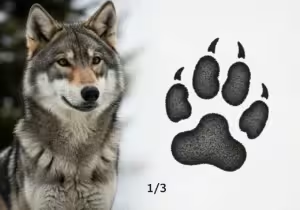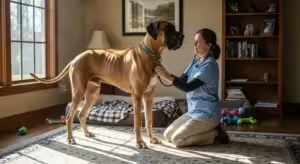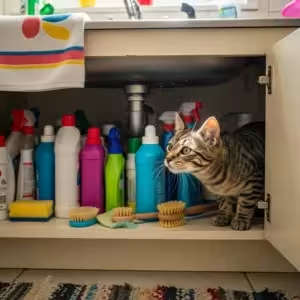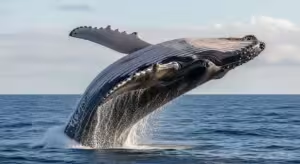Dogs are notable for such a legendary loyalty that it’s often held up as an example and calls forth admiration by touching incidents of its expression when the pet keeps waiting for the master even after his death or guard the house in spite of serious obstacles. But how does such a loyalty arise? What stands behind its emergence and development?
The mechanism of origin and development of the so-called canine devotion is closely connected with a pack-oriented lifestyle of canids, which guarantees survival of the species on the whole and each individual pack in particular. The living conditions in towns and cities are so tough that the survival of a separate specimen is either very difficult or simply impossible. That’s why the Mother Nature took the path of shaping the pack-oriented life pattern of these animals, and the canine loyalty, which is so appreciated by people, is just its manifestation.
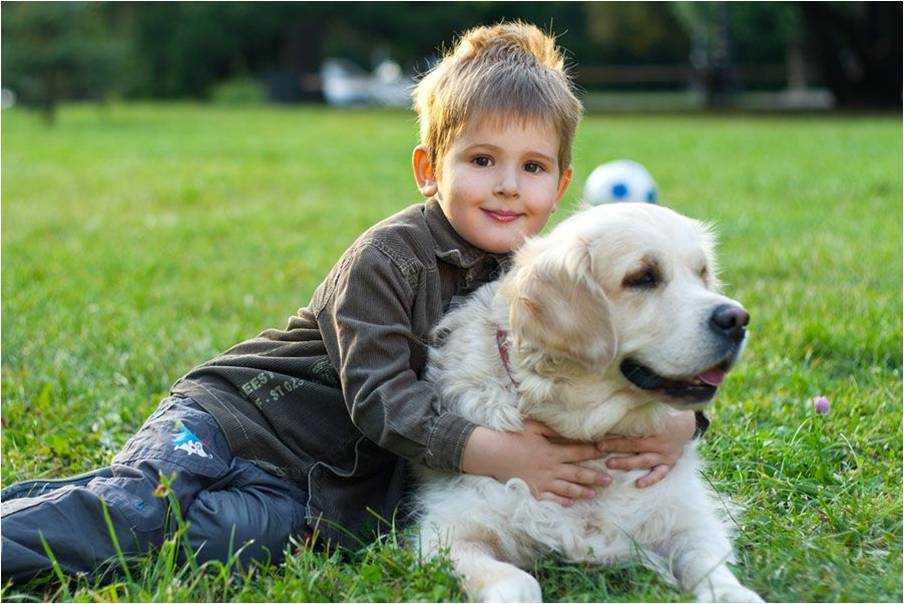
Faithfulness of the dogs that live in a pack allows them to survive in a cold season, as well as to interbreed and protect their progeny. These factors serve reliably for formation and reinforcement of the pack-oriented behaviour. Moreover canine unconditioned reflexes work in such a way that the execution of a command excites a pleasant sensation in the dog, so it feels itself comfortably and satisfied when it’s given a task to do. The famous saying that the tired dog is the happiest one is actually based on this innate canine industriousness. Dogs really enjoy performing orders of their masters although it consumes a great deal of their energies.
But let’s get back to the mechanism of formation of the canine loyalty. What should the master do in order to promote the development of these desirable innate inclinations in his pet? First of all, he should ensure that the dog perceives its human family as a pack. In our imagination we endow our pets with many human traits but dogs live according to their own, naturally predefined laws and treat their masters as pack members. But it forms usual classical loyalty so if the dog’s master disappears or dies, the dog can be successfully re-homed. In effect, the canine devotion represents an inbred program to stay in a pack in order to survive and to be useful for a pack. It explains willingness to fulfil the master’s commands, to guard his property and to meet his expectations (if he is building a correct relationship with the dog). But in the case of disappearance of the dog’s owners, after a while it normally adapts to new masters and life conditions.




